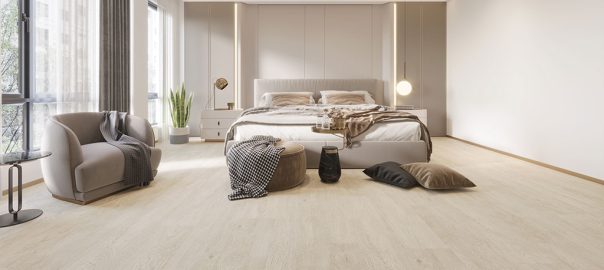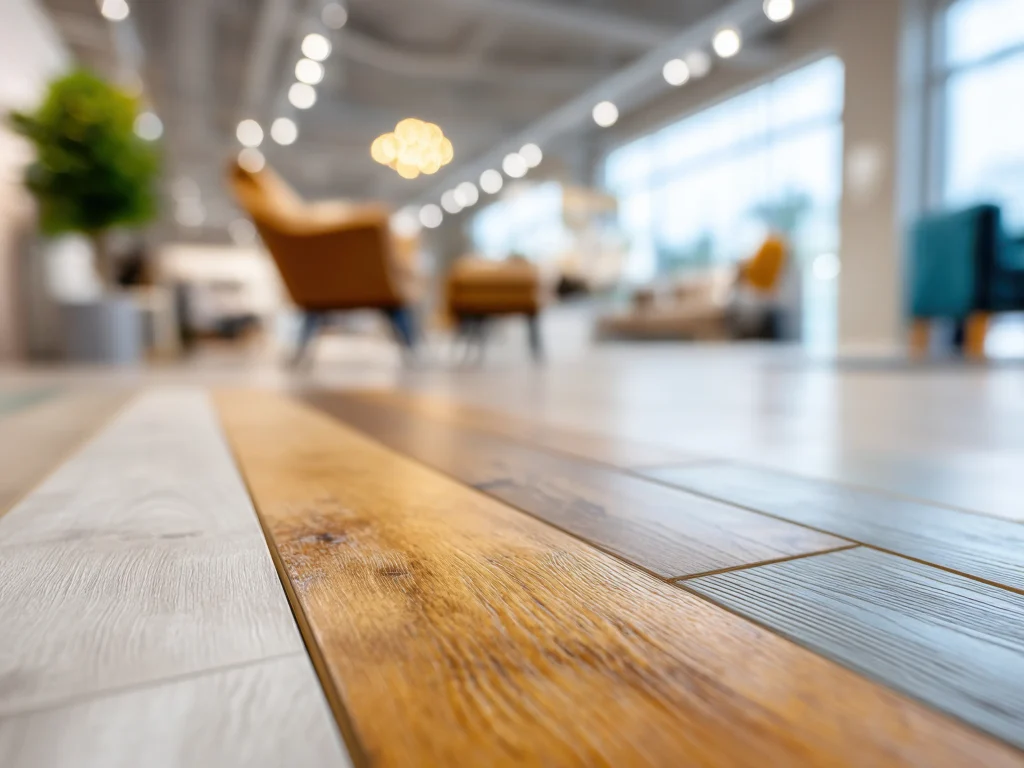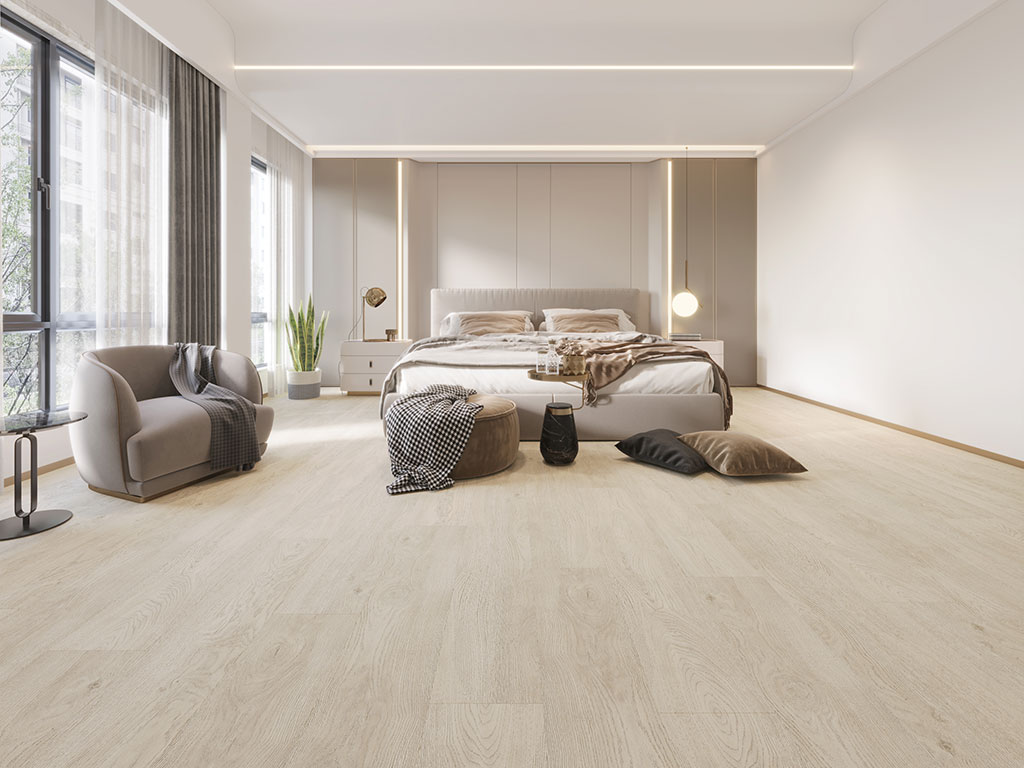
Blog
The Ultimate Guide to Vinyl Flooring

Welcome to our vinyl flooring category page, where you can explore a wide range of vinyl flooring options for your home or business. Vinyl flooring is a durable, affordable, and versatile flooring option that can mimic the look of hardwood, tile, or natural stone, while offering easier maintenance and installation. Our selection includes Luxury vinyl flooring, Sheet vinyl and Vinyl tiles or planks, in various colors, patterns, and textures. Whether you’re renovating your kitchen, bathroom, or living room, or looking for a flooring solution for your office, restaurant, or retail space, vinyl flooring can provide comfort, style, and performance. Browse our collection and find the perfect vinyl flooring that fits your budget, taste, and needs.
Vinyl flooring is a popular choice for many homeowners due to its affordability, durability, and versatility. But with so many different types available, it can be difficult to know which one is right for your home. In this article, we’ll take a closer look at vinyl flooring, including its various types, pros and cons, installation, and maintenance.
What is vinyl flooring?
Vinyl flooring is a synthetic flooring material made from polyvinyl chloride (PVC) resin and plasticizers. It can mimic the look of other flooring types such as hardwood, stone, or tile, while offering greater durability and affordability.
Types of vinyl flooring
There are two main types: sheet vinyl and vinyl tiles or planks.
Sheet vinyl
Sheet vinyl is a continuous roll of vinyl flooring that can be cut to fit the dimensions of a room. It’s often used in areas with high foot traffic or moisture, such as kitchens, bathrooms, or basements.
Vinyl tiles or planks:
Vinyl tiles or planks are individual pieces of vinyl flooring that can be installed in a variety of patterns and designs. They can be more expensive than sheet vinyl, but offer greater customization and design flexibility.
Luxury vinyl flooring:
Luxury vinyl flooring is a premium type that can mimic the look and feel of natural materials such as hardwood or stone. Luxury Vinyl know in South Africa as SPC flooring is a stone plastic composite that is extremely durable and waterproof. Available in a click in system similar to laminate flooring these rigid vinyl tiles have a soft padded underlay attached underneath to ensure comfort under foot. It’s often thicker and more durable than traditional vinyl flooring.
Pros and cons of vinyl flooring
Pros:
Affordability: It is often less expensive than other flooring types, making it a popular choice for budget-conscious homeowners.
Durability: It is resistant to scratches, stains, and moisture, making it ideal for high-traffic areas or areas prone to spills.
Versatility: Vinyl flooring is available in a wide range of styles and designs, making it easy to find a look that suits your home’s decor.
Easy to clean: Easy to clean with a simple mop and bucket, making it a low-maintenance flooring option.
Cons:
Chemical emissions: Some types of vinyl flooring can emit volatile organic compounds (VOCs) that can be harmful to indoor air quality.
Prone to fading: Vinyl flooring can be prone to fading over time, especially when exposed to direct sunlight.
Methods
Installation can be done using a variety of methods, including glue-down installation or click-in system similar to laminated flooring.
Glue-down installation:
Glue-down installation involves using an adhesive to attach the vinyl flooring to the subfloor. This method is often used for sheet vinyl or traditional vinyl tiles. In order to lay Vinyl Glue Down, one must have a flat smooth surface.
Floating installation:
Floating installation involves laying the flooring over an underlayment without using adhesive. This method is often used for luxury vinyl flooring or vinyl planks.
Maintenance and care
Vinyl flooring is relatively low-maintenance and easy to care for. Here are a few tips for keeping your vinyl flooring looking its best:
Sweep or vacuum regularly to remove dirt and debris.
Mop with a damp mop and a mild cleaning solution to remove stains or spills.
Use furniture pads or protective caps on the legs of furniture to prevent scratches or damage to the flooring.
Avoid using abrasive cleaners or scrubbers that could damage the surface of the flooring.
Place doormats at entrances to prevent dirt and debris from being tracked onto the flooring.
Wipe up spills immediately to prevent stains or damage to the flooring.
Q&A section
Q: Is vinyl flooring waterproof?
A: While it is not completely waterproof, it is highly resistant to moisture and can be a good choice for areas that are prone to spills or humidity, such as bathrooms, laundry rooms, or basements. However, it’s important to note that prolonged exposure to standing water can still cause damage.
Q: How long does vinyl flooring typically last?
A: The lifespan of vinyl flooring can vary depending on factors such as the type of vinyl, the quality of the installation, and the amount of foot traffic the flooring receives. On average, it can last anywhere from 5 to 20 years, with proper care and maintenance.
Q: Can vinyl flooring be installed over existing flooring?
A: In many cases it can be installed over existing flooring such as tile or hardwood, as long as the existing flooring is in good condition and free of any damage or debris. However, it’s important to consult with a professional installer to ensure that the installation is done correctly and safely.
Visit our online shop to find a product that match your needs.


